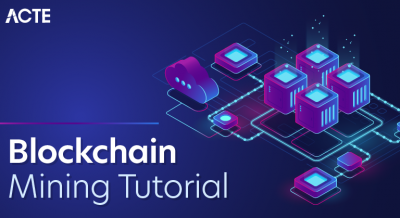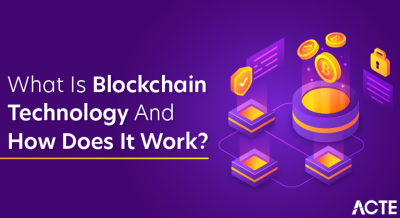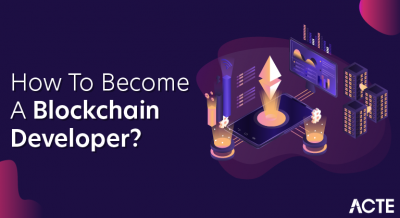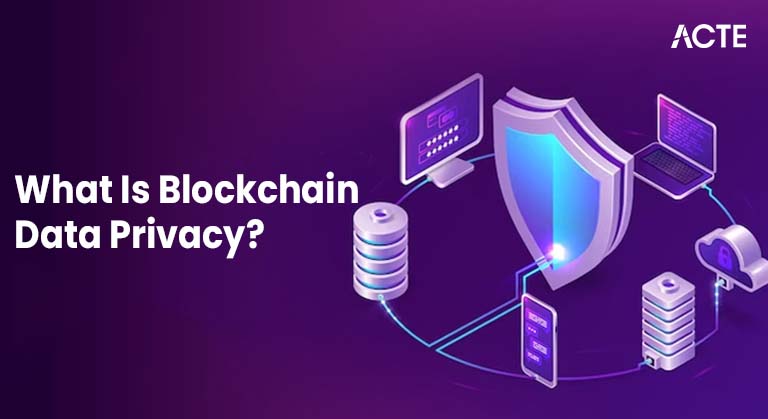
- Introduction to Blockchain Data Privacy
- How Blockchain Handles Data Privacy
- Public vs Private Blockchains: Privacy Implications
- Cryptographic Techniques Enhancing Privacy on Blockchain
- Challenges to Data Privacy on Blockchain
- Regulatory Landscape and Compliance
- Emerging Solutions and Innovations in Blockchain Privacy
- The Future of Data Privacy in Blockchain
- Conclusion
Introduction to Blockchain Data Privacy
Blockchain technology is celebrated for its transparency, immutability, and security. These features make it revolutionary for data sharing, finance, supply chains, and more. However, the very transparency that underpins blockchain’s trustworthiness also raises important questions about data privacy.Blockchain is a distributed ledger where data is replicated across many nodes. Every transaction is visible to participants, which can conflict with traditional notions of data privacy and confidentiality Block Chain Training . For many industries and users, protecting sensitive information is critical.This blog explores the nuances of blockchain data privacy how privacy is handled today, the challenges that remain, and the innovations driving more private blockchain applications.Blockchain technology has emerged as a revolutionary innovation, reshaping industries with its decentralized, Data Privacy in Blockchain, transparent, and immutable nature. However, the same transparency that makes blockchain powerful also raises significant concerns about data privacy. As more organizations explore blockchain for storing and processing sensitive data, the importance of understanding how privacy is maintained or compromised becomes paramount. This article explores how blockchain addresses data privacy, Enhancing Privacy on Blockchain, its challenges, and the innovations shaping its future.
How Blockchain Handles Data Privacy
- Transparency by Design: In public blockchains like Bitcoin and Ethereum, transaction data is accessible to all participants. This transparency ensures trust and security, as anyone can verify transactions.However, this openness can expose sensitive user data such as wallet addresses, Bitcoin Mining Challenges Enhancing Privacy on Blockchain transaction amounts, and metadata. Although blockchain addresses are pseudonymous, advanced analytics can link these addresses to real-world identities.
- Privacy in Private and Permissioned Blockchains: Private or permissioned blockchains limit participation to trusted parties, restricting access to transaction data. This model inherently offers better privacy but at the cost of decentralization.
- Data Immutability and Privacy Concerns: Data written to a blockchain is immutable, meaning it cannot be deleted or modified. This permanence complicates privacy regulations such as GDPR’s “right to be forgotten.”
- Linkability and Traceability: Even pseudonymous blockchains leak metadata that can be correlated with off-chain data to identify users.
- Data Permanence: Immutable ledgers mean that once data is on-chain, it is forever. This conflicts with regulations requiring data deletion or modification.
- Scalability vs Privacy: Privacy-preserving cryptography often adds computational complexity and larger transaction sizes, limiting scalability Block Chain Training .
- Regulatory and Legal Challenges: Compliance with GDPR, HIPAA, and other privacy laws is difficult when data is stored across decentralized nodes.
- User Awareness and Management: Users often lack understanding of blockchain privacy risks and safe practices such as address reuse or key management.
- Who is the data controller?
- Can data be erased or modified?
- How to handle cross-border data transfer?
- Layer 2 Privacy Solutions: Second-layer protocols and sidechains offer private transactions off the main blockchain, reducing on-chain data exposure.
- Decentralized Identity (DID): DID frameworks enable users to control their identity data and selectively disclose information, enhancing privacy What is Cloud Mining in decentralized applications.
- Homomorphic Encryption: Allows computations on encrypted data without decrypting it, preserving confidentiality throughout processing.
- Privacy-Focused Blockchains: Projects like Secret Network and Oasis Labs build blockchains with native privacy features, enabling confidential smart contracts.
- Interoperability and Privacy: Cross-chain communication protocols will need to preserve privacy while enabling seamless interaction between blockchains.
- Privacy as a Standard Feature: As demand grows, privacy-preserving features are likely to become default components of blockchain networks Blockchain Certification Training .
- User Empowerment: Tools enabling users to manage and control their data privacy such as wallet privacy settings and selective disclosure will be key.
- Collaboration Between Regulators and Developers: Finding a balanced approach to regulation that protects privacy without stifling innovation is critical.
Public vs Private Blockchains: Privacy Implications
| Aspect | SAP System | Private / Permissioned Blockchain |
|---|---|---|
| Access | Open to anyone | Restricted to authorized participants |
| Data Visibility | Transparent to all | Visible only to participants with permissions |
| Privacy Level | Pseudonymous, less private | More private due to restricted access |
| Governance | Decentralized | Controlled by a central authority or consortium |
| Use Cases | Cryptocurrencies, open finance, NFTs | Enterprise, supply chain, confidential data |
Do You Want to Learn More About Blockchain? Get Info From Our Blockchain Training Course Today!
Cryptographic Techniques Enhancing Privacy on Blockchain
To address privacy concerns, blockchain projects incorporate advanced cryptographic methods:
Zero-Knowledge Proofs (ZKPs)
ZKPs allow one party to prove the validity of a statement without revealing the underlying data. Protocols like zk-SNARKs and zk-STARKs are used to enhance privacy in What is Consortium Blockchain transactions by hiding sender, receiver, and amount.
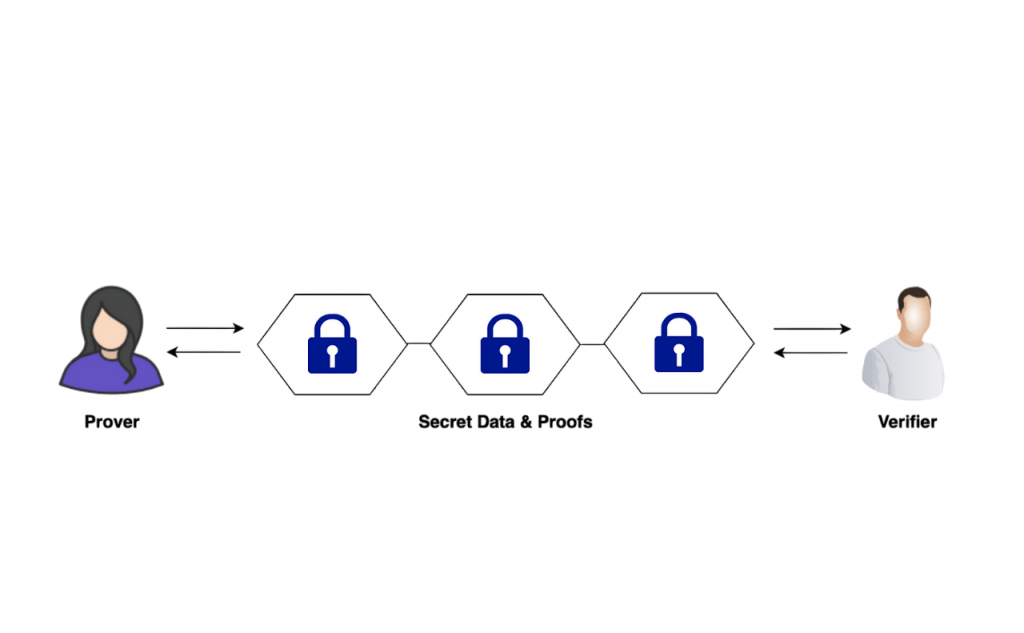
Ring Signatures
Ring signatures enable a group of users to sign a transaction on behalf of the group, Data Privacy in Blockchain obscuring which member actually signed. This obfuscates the sender’s identity.
Confidential Transactions
This technique hides the amounts involved in a transaction while still allowing validation that inputs equal outputs.
Secure Multi-Party Computation (SMPC)
SMPC allows parties to jointly compute a function over their inputs while keeping those inputs private.
Would You Like to Know More About Blockchain? Sign Up For Our Blockchain Training Course Now!
Challenges to Data Privacy on Blockchain
Despite cryptographic advances, blockchain data privacy faces several hurdles:
Regulatory Landscape and Compliance
Governments worldwide are wrestling with how to regulate blockchain while preserving privacy rights.
GDPR and BlockchainThe EU’s GDPR imposes data protection requirements including the right to be forgotten and data minimization. Immutable blockchains What is Decentralized Finance pose compliance challenges, sparking debates on:
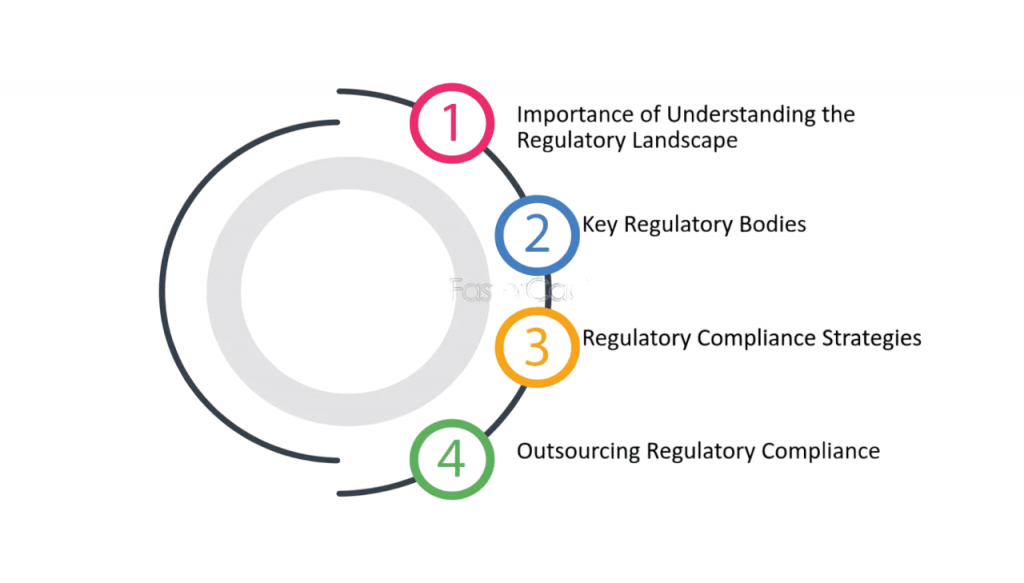
US HIPAA, CCPA (California Consumer Privacy Act), and others introduce additional requirements for handling sensitive personal data.Regulators are exploring frameworks to enable blockchain innovation without sacrificing user privacy.
Emerging Solutions and Innovations in Blockchain Privacy
The blockchain community is innovating to improve data privacy without compromising decentralization:
Are You Preparing for Blockchain Jobs? Check Out ACTE’s Blockchain Interview Questions and Answers to Boost Your Preparation!
The Future of Data Privacy in Blockchain
Privacy on blockchain will continue to evolve through a combination of cryptographic advancements, frameworks , regulatory clarity, and user-centric design.
Conclusion
Blockchain data privacy is a complex and evolving topic. The technology’s inherent transparency and immutability create unique challenges for protecting user data. However, advancements in cryptography and new blockchain architectures are making privacy-preserving blockchain applications more feasible.For businesses and individuals, understanding the balance between transparency and privacy is essential when adopting blockchain technology. With thoughtful design and regulatory cooperation, blockchain can deliver both security and privacy in the digital age.Blockchain holds tremendous promise in transforming Block Chain Training how data is stored, Data Privacy in Blockchain, verified, and shared. Yet, its foundational traits transparency and immutability pose unique challenges for data privacy. Public and private blockchains each offer different models, Enhancing Privacy on Blockchain with private chains currently better suited for enterprise-grade privacy.Innovations like zero-knowledge proofs, Data Privacy in Blockchain, frameworks , decentralized identity, and confidential smart contracts are leading the way toward more privacy-aware blockchain architectures. However, organizations must navigate a complex landscape of technical limitations, regulatory demands, and evolving best practices.


